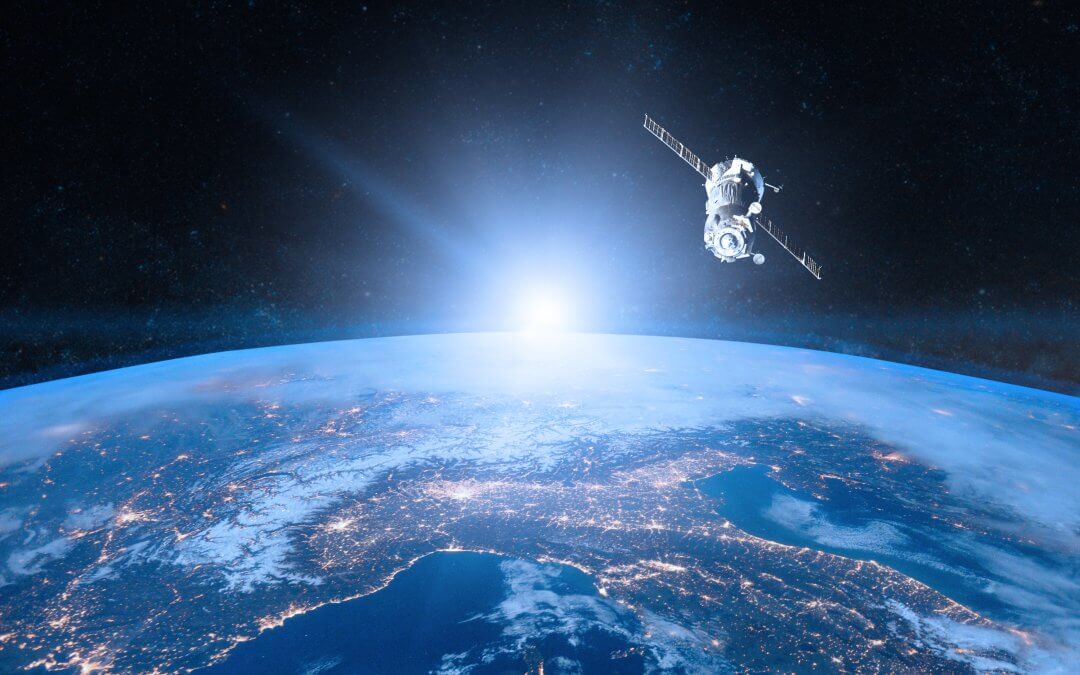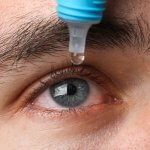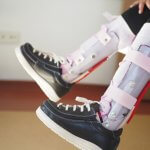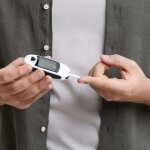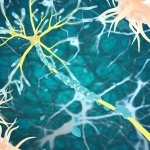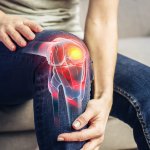This month sees two important missions lifting-off into space, both of which will carry out pioneering stem cell research.
The first of these has already launched. On 18 January, Ax-3, the third mission by private company Axiom to be launched using Space X rockets, departed for the International Space Station. [1]
Aboard were four astronauts who over the course of two weeks will carry out a variety of experiments in microgravity.
Amongst them will be several significant ones relating to stem cells.
The Sanford Stem Cell Institute (SSCI) operating out of the University of California, San Diego will be paying close attention to the astronauts’ findings in relation to their investigation into tumour organoids. [2] [3]
By analysing the growth rates of cancer stem cells, SSCI hope to build on previous Axiom missions and shed light on how cancer develops in order to identify early warning signs.
Aboard the same mission, the National Stem Cell Foundation (NSCF) are seeking to utilise 3D brain models to help ascertain key onset markers of neurodegenerative diseases. [4]
NSCF Researchers hope that by analysing the effects of microgravity on the 3D models, which are derived from the induced pluripotent stem cells of patients with either Parkinson’s or primary progressive multiple sclerosis, they’ll be able to better understand how these diseases develop.
In this, the third Axiom mission of its kind, researchers hope to take advantage of the different rates at which stem cells develop in space to point out what the future of treatment looks like for some of the most harmful diseases on Earth.
The second significant space mission to launch this month will be on the 29 January.
This mission, which has as its main payload materials for the resupply of the International Space Station, will investigate how the absence of gravity plays a role in bone loss. [5]
A team from the Mayo Clinic in Florida will analyse the effect of gravity, or lack thereof, on mesenchymal stem cells derived from bone marrow.
Their findings could end up having an impact on the course of clinical trials for a variety of conditions, such as osteoporosis, that take advantage of the powerful regenerative potential of these type of stem cells to regrow bone tissue.
This mission will be the first of two, with the next scheduled tentatively for the end of the year. This second flight should seek to investigate the effect of microgravity on different cell types that similarly occasion either bone formation or loss.
These experiments in space show the truly pioneering research taking place in the field and illustrate the huge potential these incredible cells have for humans on Earth now, and possibly in space in the near future.
Find out more about what stem cells can do by requesting your FREE Welcome Pack below.
Sources
[1] Ax-3 Mission Research. Axiom Space. https://www.axiomspace.com/missions/ax3#research
FIND OUT MORE, REQUEST YOUR WELCOME PACK TODAY
All you need to know to make an informed decision.
Provide your contact details to request:
– Complete Welcome Pack and Parent’s Guide
– Information via email
– Contact from our specialist advisors

